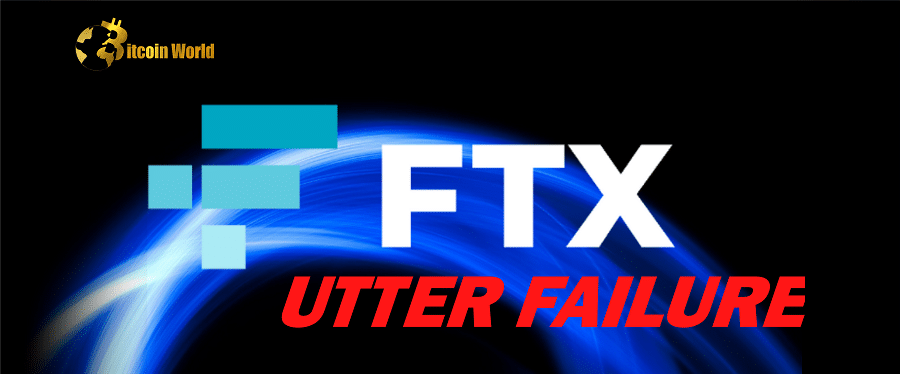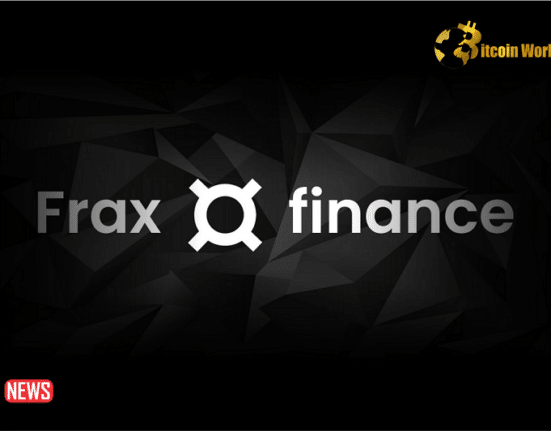In response to some of SBF’s assertions, John Ray said that “FTX US was not managed separately of FTX.com” and that a Chapter 11 petition was required to prevent a bank run.
John Ray, who took over as CEO of cryptocurrency exchange FTX during bankruptcy proceedings, has presented thorough written evidence ahead of his hearing before the US House Financial Services Committee on December 13.
Ray reiterated many of the claims made in bankruptcy court in testimony made available for the “Investigating the Collapse of FTX, Part I” hearing, saying the collapse was caused in part by “the absolute concentration of control in the hands of a very small group of grossly inexperienced and unsophisticated individuals.” Ray, who handled the bankruptcy of energy giant Enron in the early 2000s, noted that FTX’s leadership had “failed to install practically any of the procedures or controls” required to safeguard customer assets.
“I have never seen such an awful failure of corporate controls at every level of an organization, from the absence of financial statements to the total breakdown of any internal controls or governance whatsoever,” Ray added.
The FTX CEO also disputed accusations made by his predecessor, Sam Bankman-Fried, who was set to testify at the same court. In many interviews after the exchange’s bankruptcy filing, Bankman-Fried said that FTX US — the derivatives exchange under FTX Group — was likely solvent and capable of making users whole under specific conditions.
However, “FTX US was not operated separately of FTX.com,” according to Ray’s written declaration, and a Chapter 11 petition was required to avert a bank run:
“I have become even more confidence in my judgment since the filing, as the books and records concerns at FTX US and the multiple links between FTX US and the other FTX Group entities have become evident.”
On Nov. 16, FTX’s CEO said that Bankman-Fried “has no continuing function” at the company or its subsidiaries and “does not speak on their behalf.” As part of a ‘apology tour,’ SBF has continued to give interviews describing his participation in the events leading up to the exchange’s demise.
According to Ray’s timeline of events leading up to the bankruptcy filing, client funds from FTX were “commingled” with assets from Alameda Research, with the hedge fund utilizing these assets for margin trading and exposing consumers to “huge losses.” Furthermore, from 2021 to 2022, FTX Group embarked on a “spending frenzy,” purchasing companies and investing around $5 billion.
The House committee hearing will be the second to look at the collapse of FTX, after a Senate Agriculture Committee hearing on December 1 in which Commodity Futures Trading Commission chief Rostin Behnam was the lone witness. The Senate Banking Committee has also scheduled a hearing for December 14, with witnesses including Hollywood star Ben McKenzie, investor Kevin O’Leary, law professor Hilary Allen, and Jennifer Schulp, director of financial regulation studies at the Cato Institute’s Center for Monetary and Financial Alternatives.















